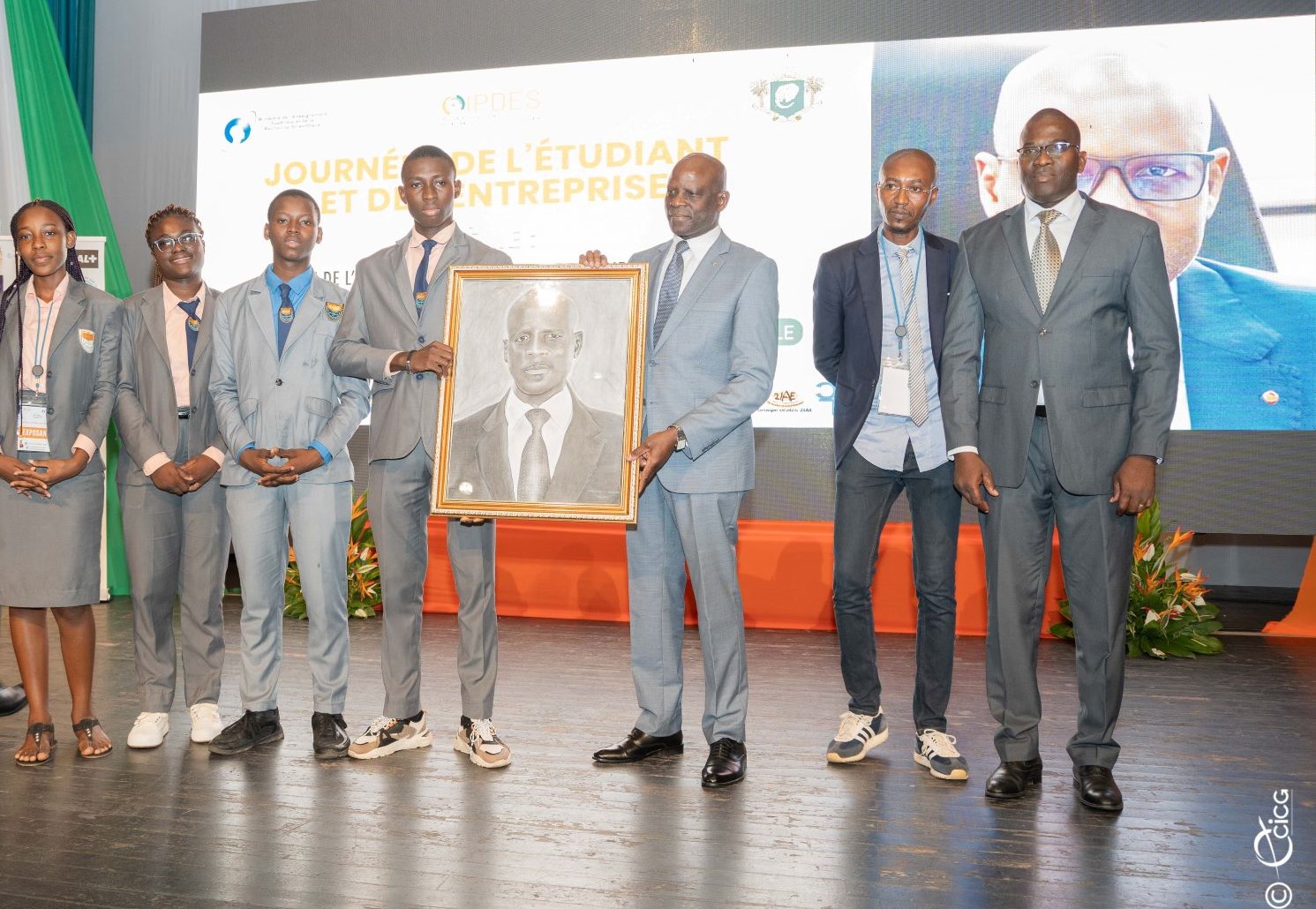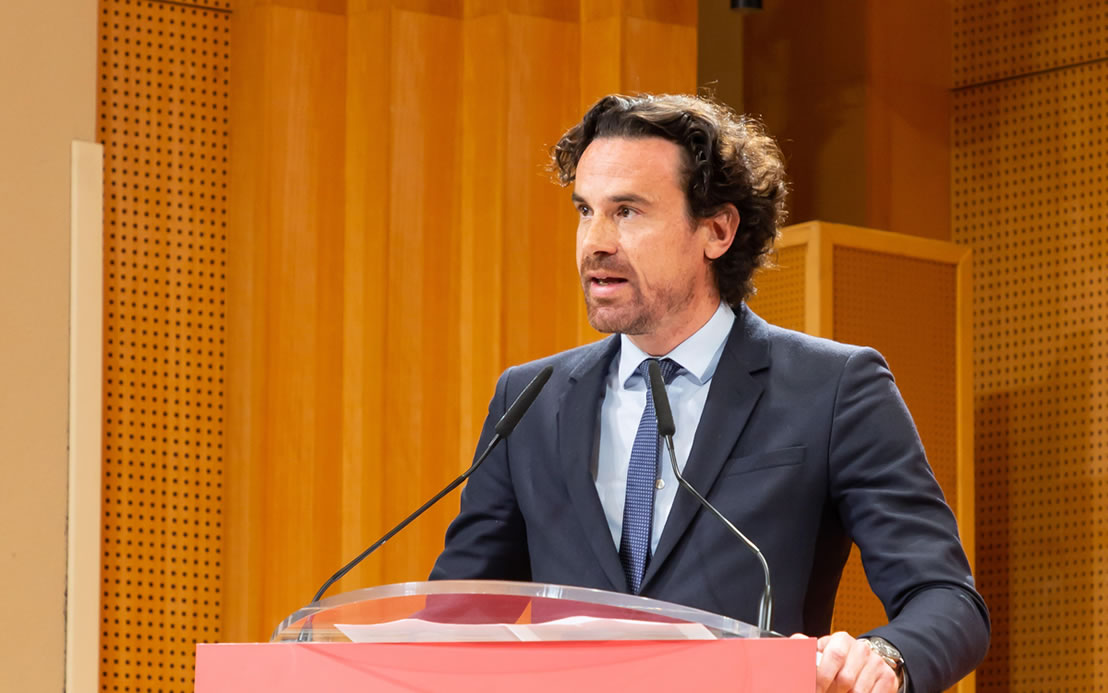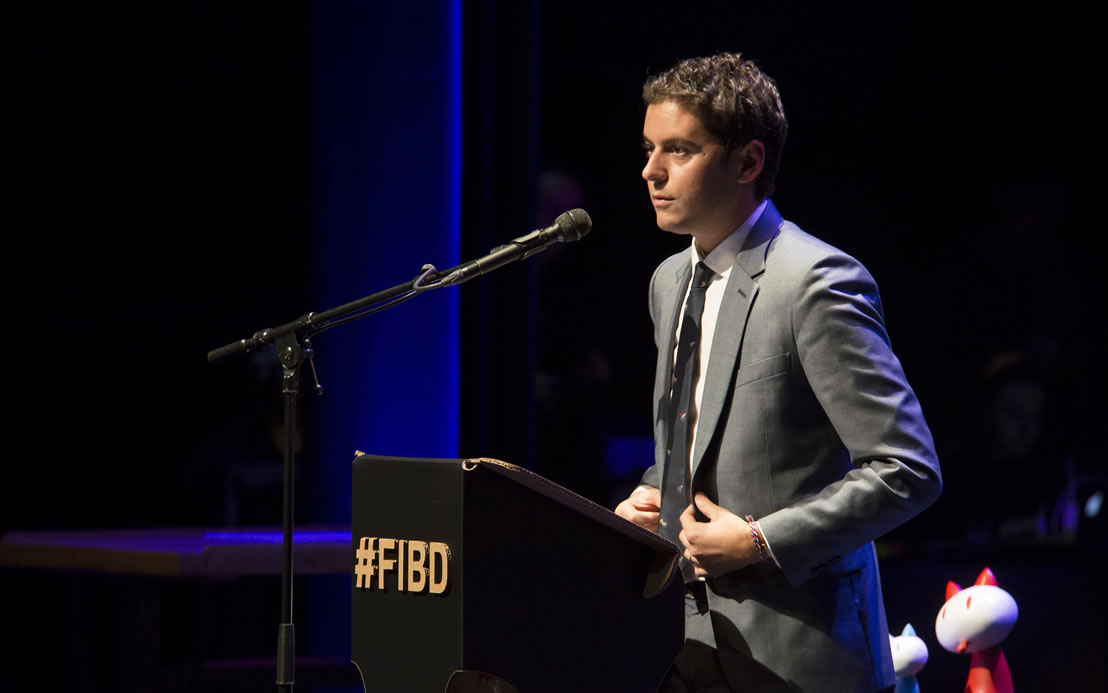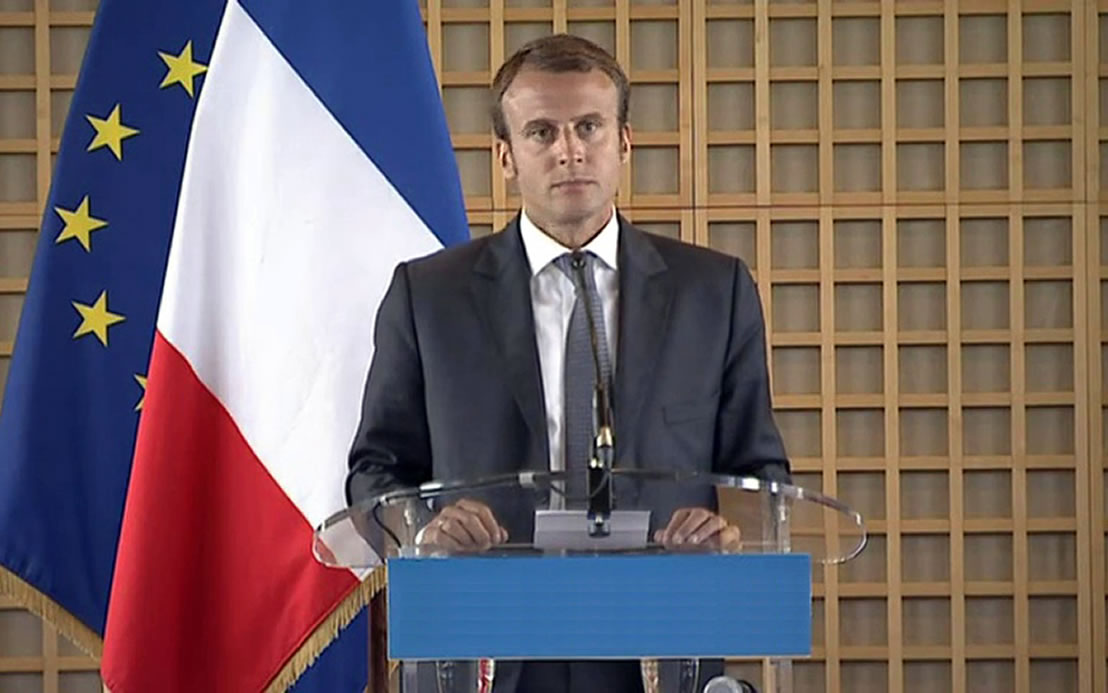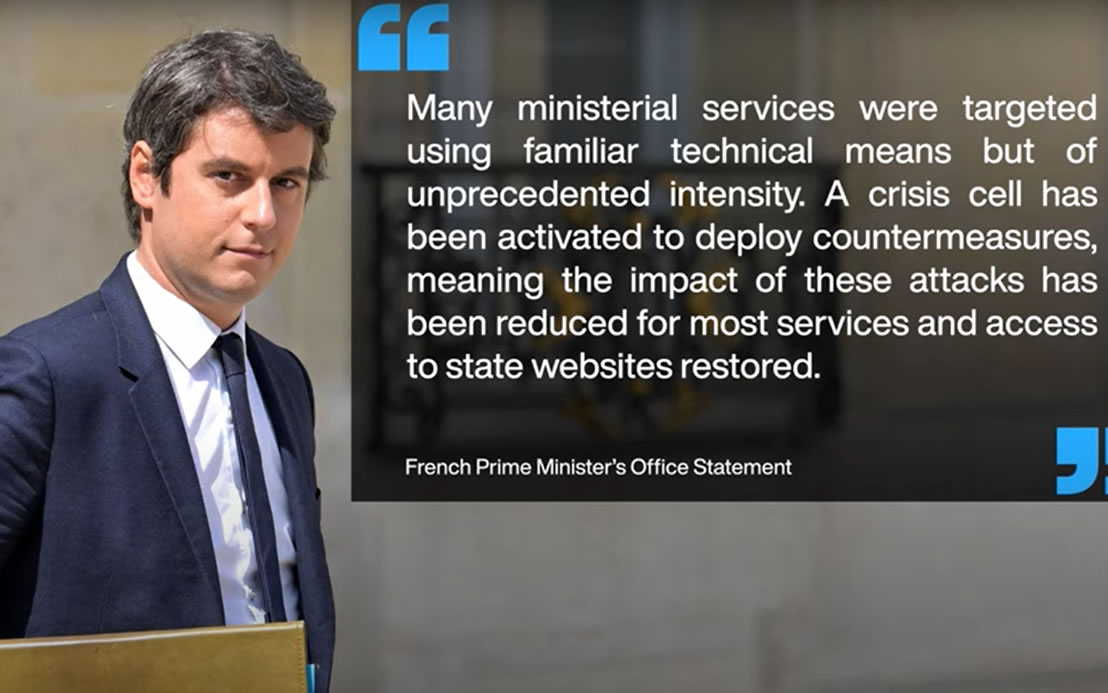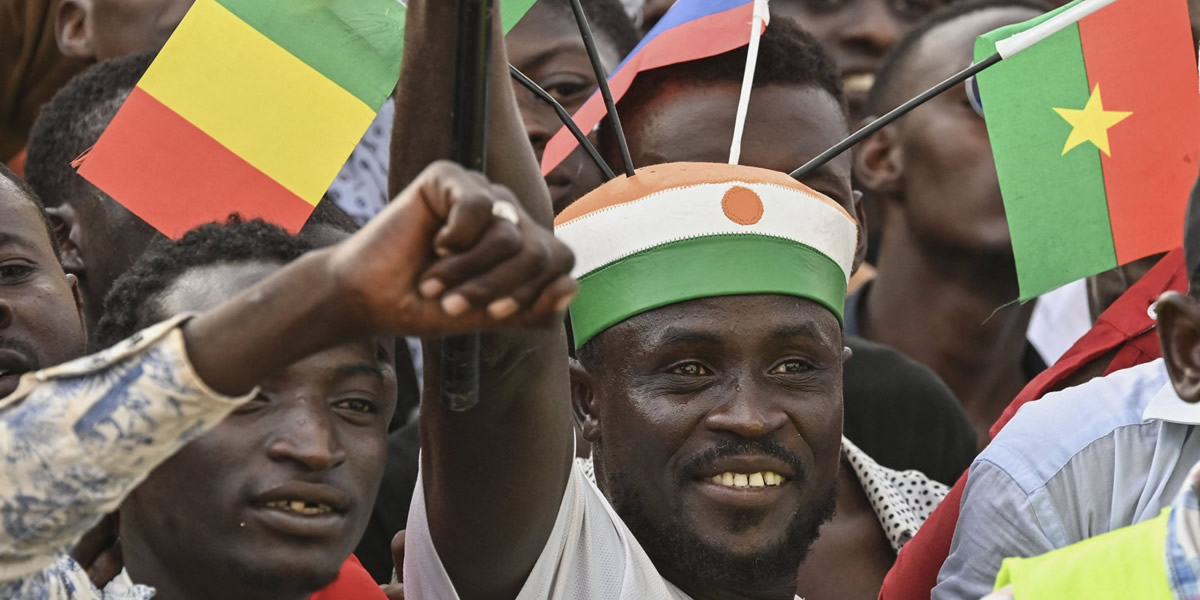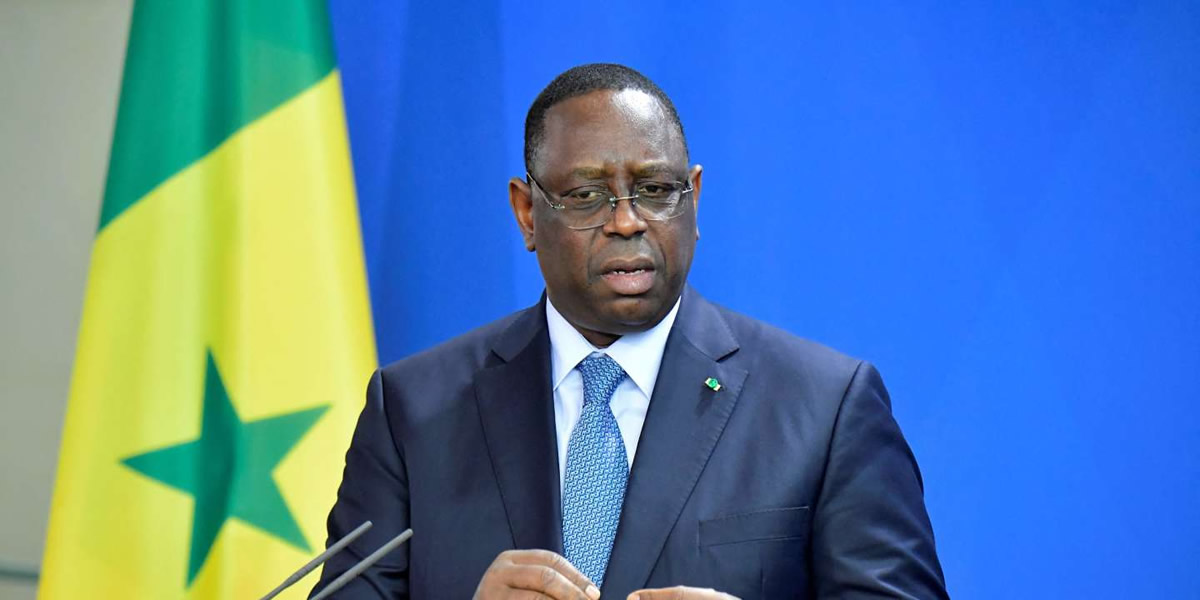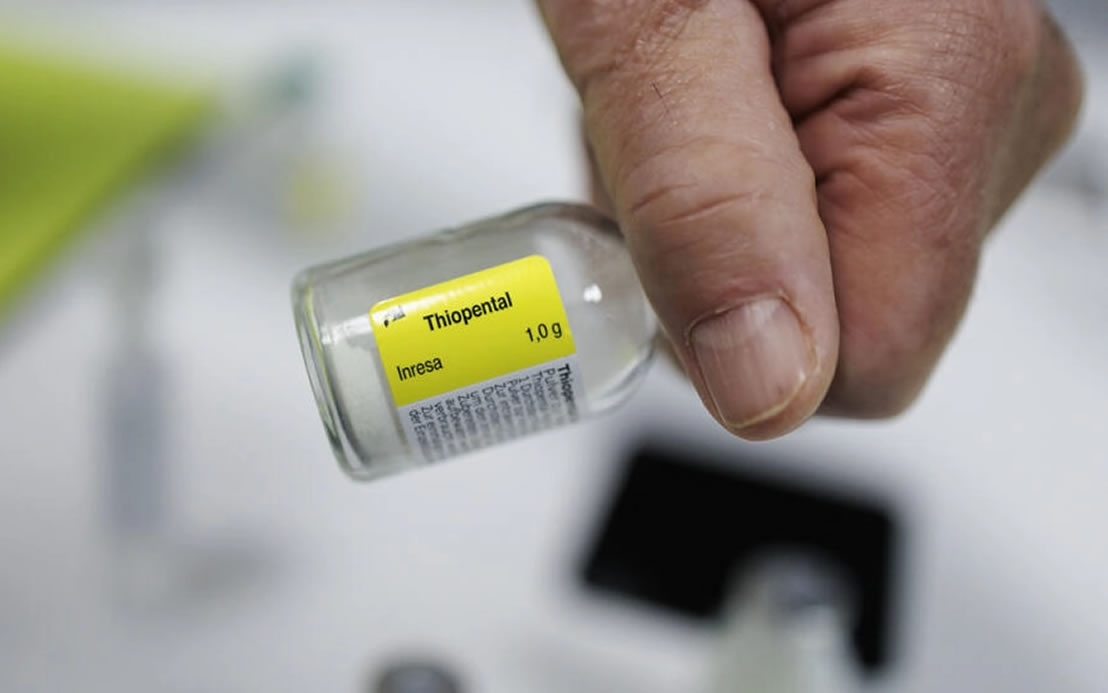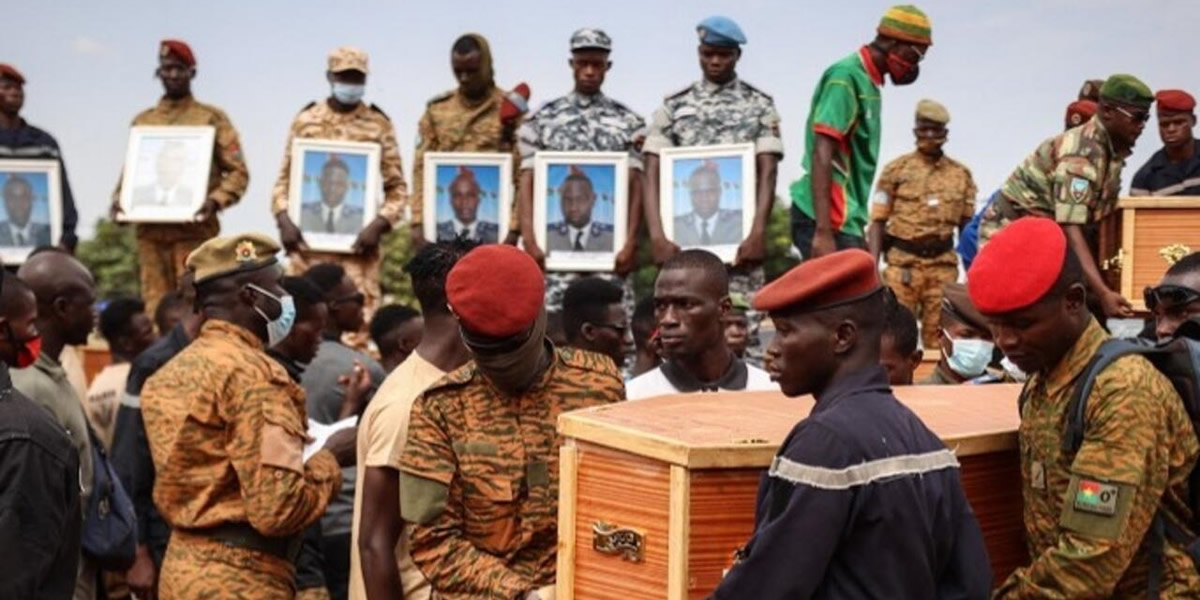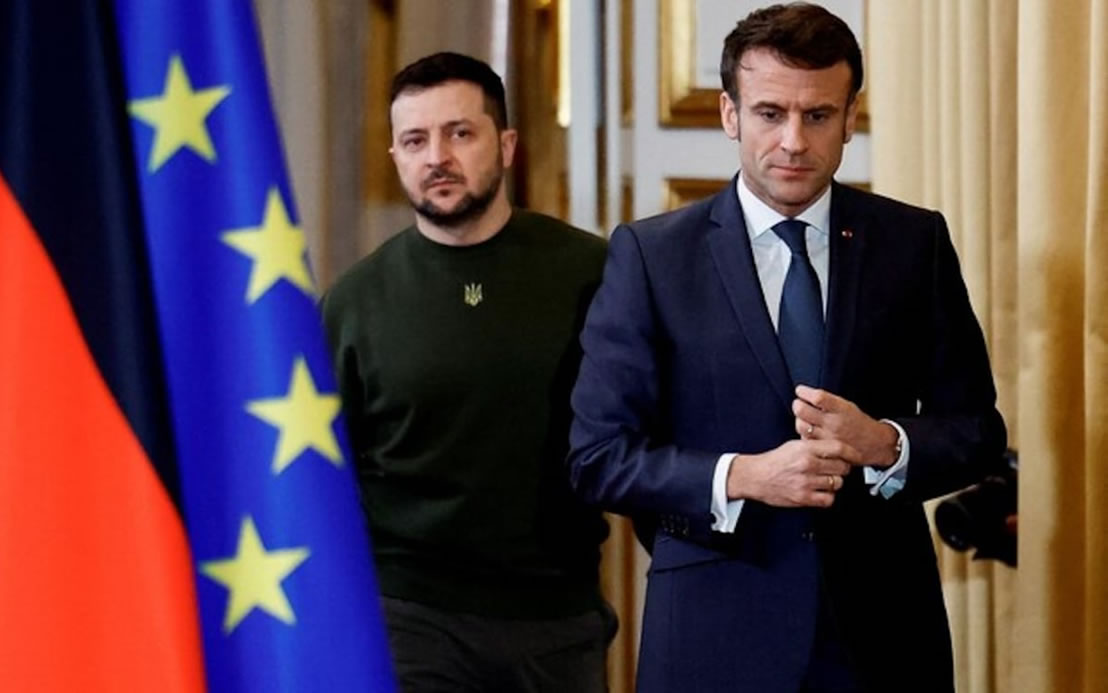Fouad Abdelmoumni’s Release and Morocco’s Pegasus Scandal
The release of Moroccan human rights advocate Fouad Abdelmoumni has sparked intense public debate on freedom of expression in Morocco, as well as on the country’s role in alleged espionage activities involving the infamous Pegasus spyware. The 66-year-old advocate for social justice and political transparency was initially detained by Moroccan authorities but was later released following an appearance before the public prosecutor at the Casablanca Court of First Instance. Abdelmoumni, known for his outspoken criticism of Moroccan governance and for raising awareness of human rights issues, now faces legal proceedings over accusations that he spread false information.
The allegations stem from a recent social media post in which Abdelmoumni commented on Morocco’s possible involvement in espionage activities in France using Pegasus spyware—a claim that has previously sparked international outrage. These allegations resurface just as Moroccan-French relations appear to be on a cautious path to reconciliation following a period of diplomatic tensions, aggravated by claims of Pegasus-related espionage.
The Pegasus Scandal: A Global Spyware Controversy
To understand the gravity of Abdelmoumni’s case, one must first appreciate the international scope of the Pegasus spyware scandal. In 2021, a consortium of international media organizations released a sweeping investigation into the spyware, revealing that Pegasus had been deployed to monitor journalists, activists, and political figures worldwide. The software, developed by the Israeli company NSO Group, was allegedly used by various governments for purposes that critics argue go well beyond legitimate national security measures.
Morocco’s alleged involvement in the Pegasus controversy has been widely reported. The kingdom was accused of using the spyware to infiltrate the phones of high-profile targets, including French President Emmanuel Macron and other public figures. Moroccan officials have consistently denied these accusations, dismissing them as “false and unfounded.” Nonetheless, the claims have cast a shadow over Morocco’s diplomatic relations with several nations, including France.
Fouad Abdelmoumni: A Voice for Justice Amidst Allegations
Fouad Abdelmoumni has long been a prominent figure within Morocco’s human rights community. A member of the Federation of the Democratic Left and a vocal advocate for increased political freedoms, Abdelmoumni’s activism has frequently placed him at odds with Moroccan authorities. His recent legal troubles began after he made statements on social media implying that Morocco had leveraged espionage tactics against France, sparking a fresh wave of criticism and, ultimately, his arrest.
In a Facebook post, Abdelmoumni suggested that Morocco might be using Pegasus to monitor French officials, describing France as a nation “facing a decline” and accusing Morocco of exerting pressure through espionage. His comments coincided with French President Emmanuel Macron’s state visit to Morocco, a diplomatic gesture aimed at mending the strained relationship between the two countries.
The timing of Abdelmoumni’s post and the allegations within it were seen by Moroccan authorities as damaging to the kingdom’s international image. They swiftly moved to arrest him, charging him with “insulting constituted bodies,” “reporting a fictitious crime,” and “spreading false allegations.” Moroccan media has described the charges as an attempt to curb “false and harmful claims” that allegedly compromise Morocco’s interests on the global stage.
Legal Proceedings and Freedom of Expression in Morocco
The case against Abdelmoumni raises critical questions about the limits of freedom of expression in Morocco. His lawyer, Mohamed Nouini, argues that the charges are rooted in a clear attempt to suppress dissent, asserting that Abdelmoumni’s statements are protected under the right to free speech. Nouini also pointed out that Abdelmoumni should not face prosecution for expressing opinions on public matters, noting that the charges set a worrying precedent for freedom of expression in Morocco.
The Moroccan government, however, contends that Abdelmoumni’s remarks cross a line between protected speech and criminal conduct. They argue that his comments about alleged espionage activities constitute “false allegations” with the potential to harm the kingdom’s reputation and national interests. According to a spokesperson for the prosecution, these charges are part of a broader effort to protect Morocco’s sovereignty from what they deem to be defamatory rhetoric.
International human rights organizations have also voiced concern about Abdelmoumni’s case, emphasizing that the right to free expression is essential in any democratic society. They argue that the Moroccan authorities should prioritize open dialogue over legal action when addressing dissenting views. Abdelmoumni’s release, though only provisional, is seen by these organizations as a small victory, though the charges against him remain in place.
Moroccan-French Relations and the Role of Espionage Allegations
The implications of the Pegasus scandal on Moroccan-French relations are undeniable. For nearly three years, the espionage allegations against Morocco have fueled diplomatic tensions with France, leading to strained interactions and a noticeable coolness in their otherwise close relationship. French President Emmanuel Macron’s visit to Morocco marks a tentative step towards reconciliation, a move likely aimed at rebuilding diplomatic bridges after years of tension. Nonetheless, the backdrop of Abdelmoumni’s arrest and the Pegasus controversy suggest that the road to complete diplomatic repair may be long and fraught.
Morocco has pursued legal actions in French, Spanish, and German courts to address the accusations related to Pegasus. However, in 2023, French courts ruled these cases inadmissible, effectively closing off Morocco’s attempts to counter the espionage claims through judicial channels. With Abdelmoumni’s recent comments bringing the issue back into public discussion, the Pegasus scandal continues to cast a shadow over the normalization of Moroccan-French relations.
Pegasus Spyware and Its Impact on Global Surveillance
The Pegasus scandal has stirred global discourse on the ethics of state surveillance. Originally marketed as a tool for combating crime and terrorism, Pegasus has allegedly been misused by various governments to spy on individuals not involved in criminal activity. The spyware’s capabilities are far-reaching: once deployed, it can infiltrate mobile devices, accessing sensitive information, camera and microphone feeds, and other data without users’ knowledge.
This revelation has sparked an international outcry, leading several countries to reassess their digital security measures. Human rights advocates argue that the Pegasus scandal highlights a critical need for clearer regulations and accountability in the use of surveillance technology. Abdelmoumni’s case exemplifies how these global surveillance tools can impact individual freedoms, especially when governments perceive dissent as a threat to their authority.
Freedom of Expression and Digital Rights in Africa
Abdelmoumni’s situation also brings into focus the broader context of freedom of expression and digital rights in Africa. Across the continent, governments have grappled with balancing national security concerns and protecting civil liberties. In some cases, authorities have used national security as a rationale for restricting online speech and monitoring individuals who express dissenting views.
Digital rights activists argue that these restrictions often go beyond legitimate security concerns, stifling free expression and discouraging citizens from participating in public discourse. Abdelmoumni’s case is part of this wider trend, illustrating how allegations of espionage and claims of misinformation can be used to silence critics. The debate over Pegasus and similar technologies underscores the need for African nations to adopt more transparent policies regarding surveillance and free expression.
What Lies Ahead for Morocco and Fouad Abdelmoumni?
As the legal proceedings against Abdelmoumni continue, his case remains emblematic of the challenges facing human rights advocates in Morocco and beyond. Many observers worry that the ongoing use of laws targeting misinformation could have a chilling effect on free speech, potentially leading other activists and critics to self-censor.
For Morocco, the Pegasus scandal represents both a national controversy and a point of international contention. The kingdom’s insistence on defending its reputation and pursuing legal action against those who question its policies has cast a spotlight on its approach to human rights and governance. As the case unfolds, both Morocco’s international relations and its internal policies regarding freedom of expression will likely face increased scrutiny.
Human rights advocates remain hopeful that Abdelmoumni’s case will ultimately reinforce the right to free expression in Morocco. However, whether his trial will serve as a catalyst for change or as a warning to other dissidents remains to be seen. For now, the Pegasus controversy and its impact on figures like Abdelmoumni reveal the complex dynamics between state security, freedom of expression, and human rights in a rapidly evolving digital landscape.









